
As anglers, we talk a lot about responsibility. And we should. We drive some of the highest usage and degradation of our waterways by our sheer numbers—there were more than 29 million fishing licenses sold in the U.S. in 2020 alone. That’s a lot of people making a lot of impact on lakes, rivers, and coastal regions.
But, maybe responsibility is the wrong word. Instead of thinking about our role to protect the places we fish as a chore, it’s about time we started thinking about it as a privilege. These remote (and not so remote) areas we wet a line in are unique and not everyone can access them. It’s beautiful that we get to have a relationship with them. And, like any good relationship, it should be a give and take, not just constant taking.
As anglers, we need to achieve a mindset and perspective that allows us to think of our waters as not just something worth protecting, but also something we want to protect. The famed conservationist, naturalist, and writer Aldo Leopold describes the shift in perspective:

“We abuse the land because we regard it as a commodity belonging to us. When we see land as a community to which we belong, we may begin to use it with love and respect.”
Sure, it’s our duty to protect our waters. It should also be our honor. With that in mind, we wanted to highlight some organizations that are striving to make an environmental impact in the fishing community. Anglers at every level could and should be doing more from a conservation standpoint, but doing anything is a win. We can’t support all of these organizations, but if we individually start committing time and money, it will surely add up.
So, take a minute to read through this list and then pick one. Or two. The point is, let’s start doing something, putting our energy behind the organizations that are going to keep the water flowing and the fish swimming. It’s the least we can do—it’s also the best we can do.
Trout Unlimited
Mission Statement: “To conserve, protect and restore North America's coldwater fisheries and their watersheds.”
Why It’s Important: If TU’s mission sounds broad, it’s because it is. Founded in 1959, this organization has become a staple for the fly fishing community, with local organizations across the country and more than 300,000 members. They organize social events, conservation initiatives, educational programs, and so much more. It’s a great starting point for any angler.
Coastal Conservation Association
Mission Statement: “The stated purpose of CCA is to advise and educate the public on the conservation of marine resources. The objective of CCA is to conserve, promote and enhance the present and future availability of these coastal resources for the benefit and enjoyment of the general public.”
Why It’s Important: Muck like TU, CCA’s broad mission is to protect coastal waters, which is facing its own unique challenges these days. Saltwater wetlands and inshore areas are some of the most fragile ecosystems that are being threatened by a whole host of issues. With 206 chapters and 100,000+ members across the U.S., CCA is an incredibly important defense.
Backcountry Hunters & Anglers
Mission Statement: “Backcountry Hunters & Anglers seeks to ensure North America's outdoor heritage of hunting and fishing in a natural setting, through education and work on behalf of wild public lands, waters, and wildlife.”
Why It’s Important: In our modern era, people are becoming more and more distanced from nature. BHA is fundamental in maintaining opportunities for anglers to have access to public lands for recreation, while also working to conserve habitats as well. They’re doing great work as PR for outdoorsmen and outdoorswomen as well, helping the public at large to better understand the people who are working to protect wild places.
Bonefish and Tarpon Trust
Mission Statement: “To conserve and restore bonefish, tarpon and permit fisheries and habitats through research, stewardship, education and advocacy.”
Why It’s Important: Even more specifically than CCA, the Bonefish and Tarpon Trust is focusing on key species in fragile ecosystems. Tarpon, bonefish, and permit are all great indicator species for the health of our waters, and by protecting them and their fisheries, we can help turn the tide in their favor. BTT is currently working in some of the most affected areas for these species, including the Florida Keys, Gulf of Mexico, the Caribbean, and more.
The Nature Conservancy
Mission Statement: “The mission of The Nature Conservancy is to conserve the lands and waters on which all life depends. Our vision is a world where the diversity of life thrives, and people act to conserve nature for its own sake and its ability to fulfill our needs and enrich our lives.”
Why It’s Important: Beyond angling and outdoor recreation, The Nature Conservancy is looking at the bigger picture, protecting and researching wildlife habitat and setting it aside for protection. Since 1951, TNC has protected more than 125 million acres of land—much of which you can actually fish on today. This science-backed organization is a great option for supporting threatened areas beyond where you’d normally fish.
American Rivers
Mission Statement: “To achieve our vision of a nation of clean, healthy rivers that sustain and connect us, American Rivers protects wild rivers, restores damaged rivers, and conserves clean water for people and nature.”
Why It’s Important: Rivers are foundational to angling. We all have a special relationship with them and it’s incredibly important that we give back to the flowing waters that provide us with opportunities. American Rivers is dedicated to the protection, cleanup, and rehabilitation of rivers and streams across the United States. They’ve even created a special segment, The Anglers Fund, specifically for anglers looking to protect river systems.
Fish For Garbage
Mission Statement: “We seek to create a legacy of pollution-free waterways and shape the next generation of watershed stewards.”
Why It’s Important: Sometimes your mission doesn’t need to be complicated. It’s one thing to be furious about the trash lining or rivers, streams, and just about anything else, and it’s another thing to pick up a bag and get to work. Fish For Garbage organizes river cleanups and promotes trash pickup across the country. In a way, it’s the essence of what conservation should look like—going out, getting your hands dirty, and making change a little bit at a time.
Do you have an organization in mind who’s doing good work? Drop them in the comments below to share the cause! Like we said before, there’s no wrong way to get into conservation. If you’re willing to take action, put in the time, money, and work to protect the environment, then you’ve made the right choice. That’s all there is to it.
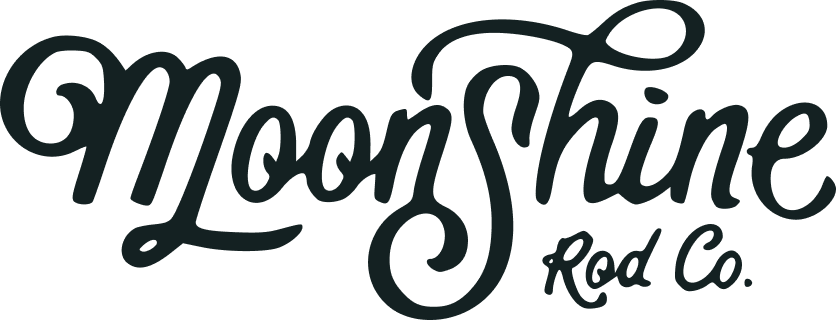
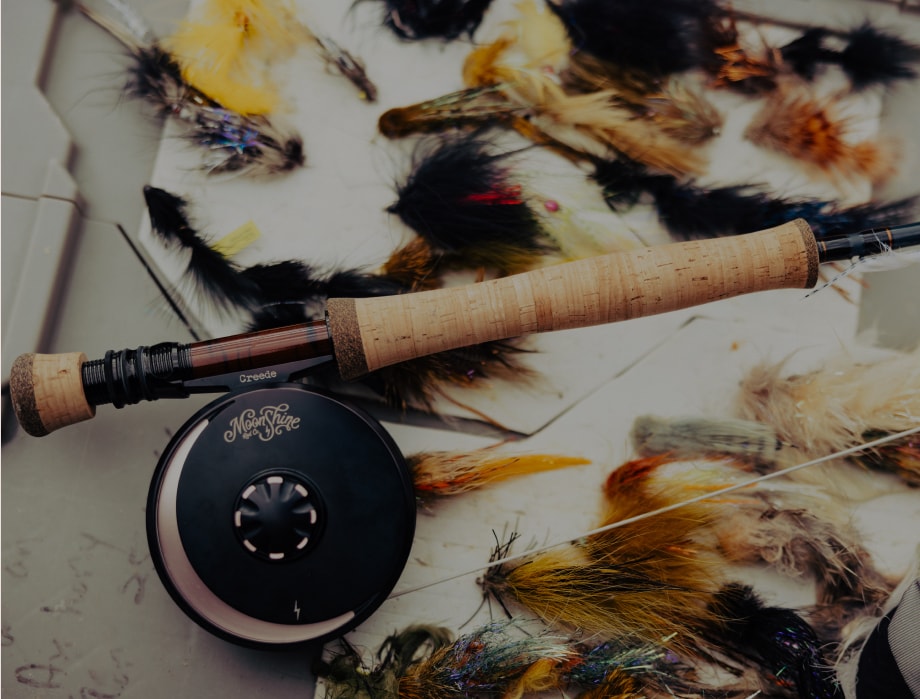
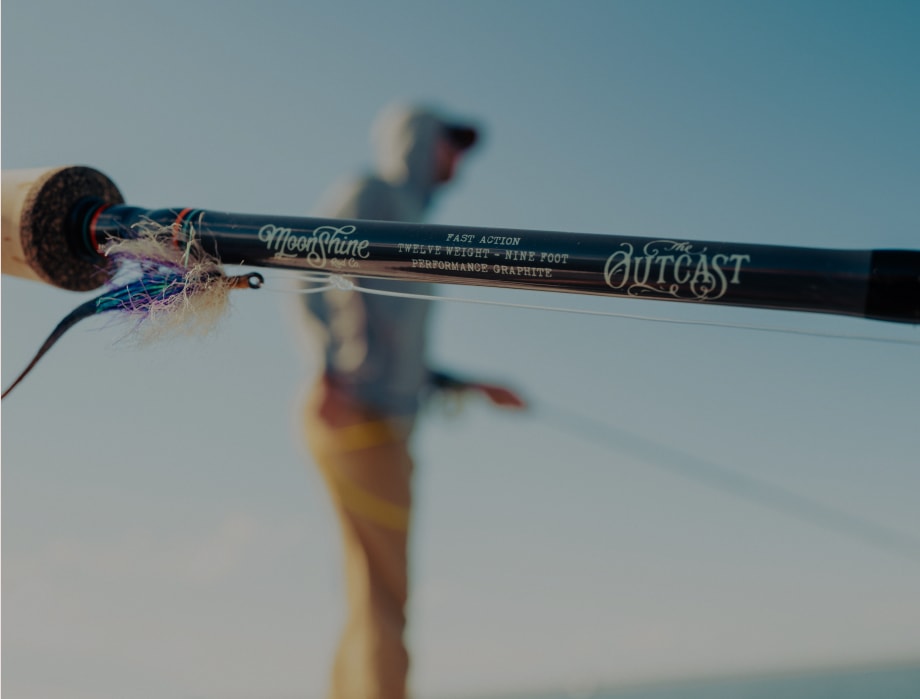
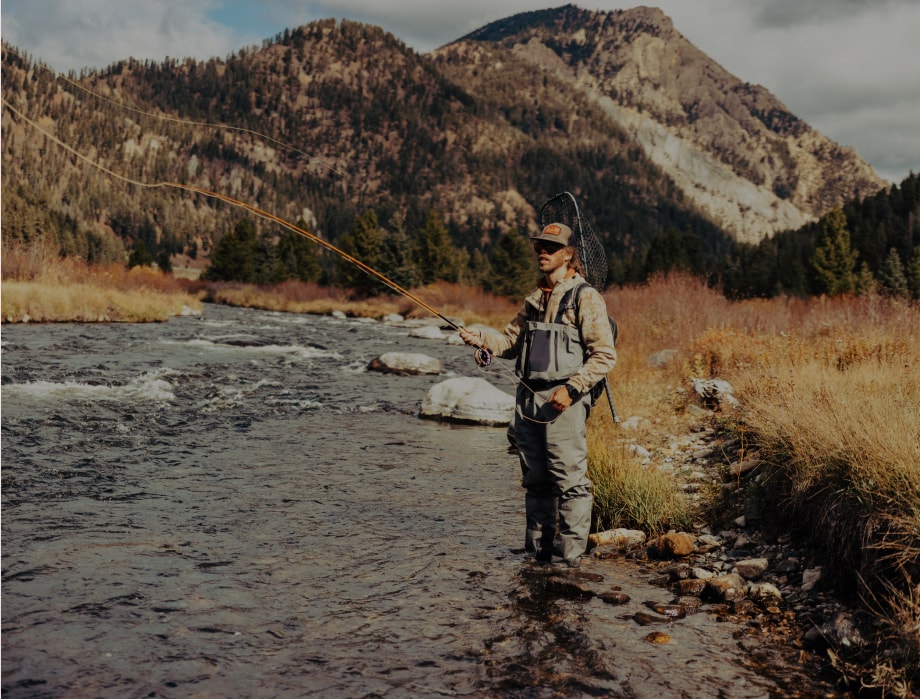
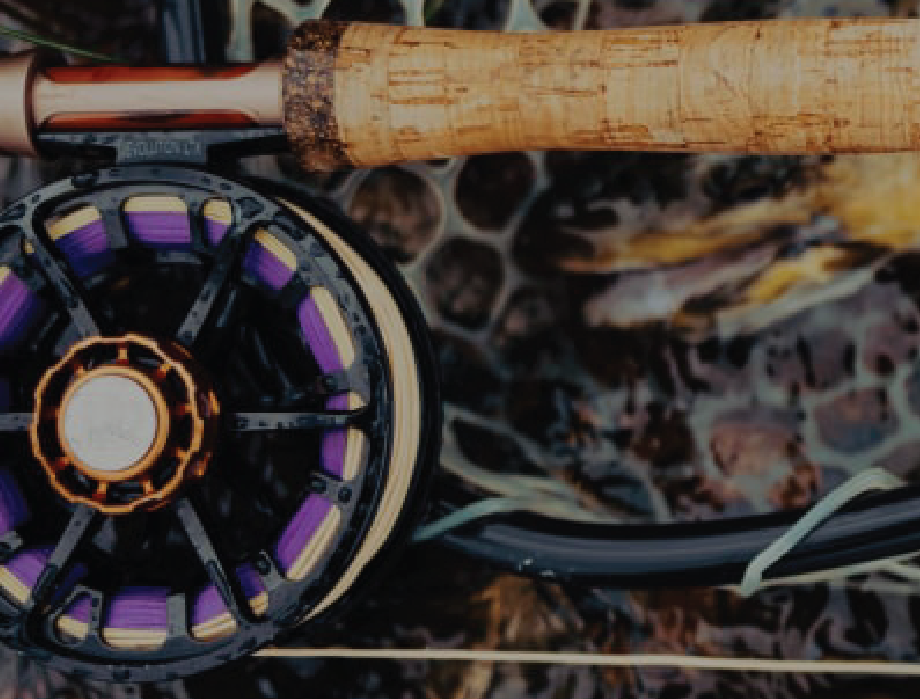
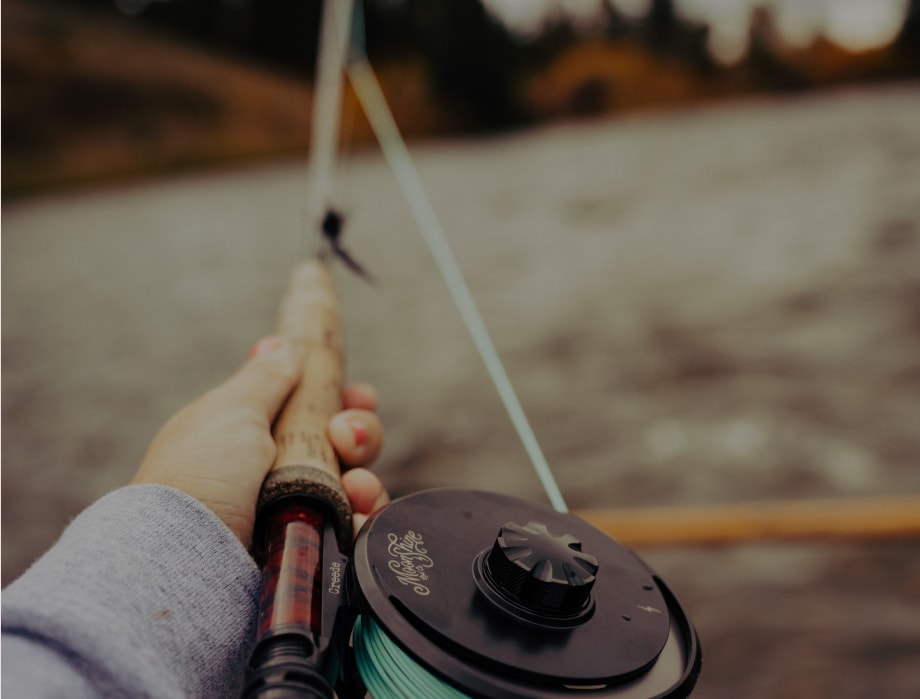
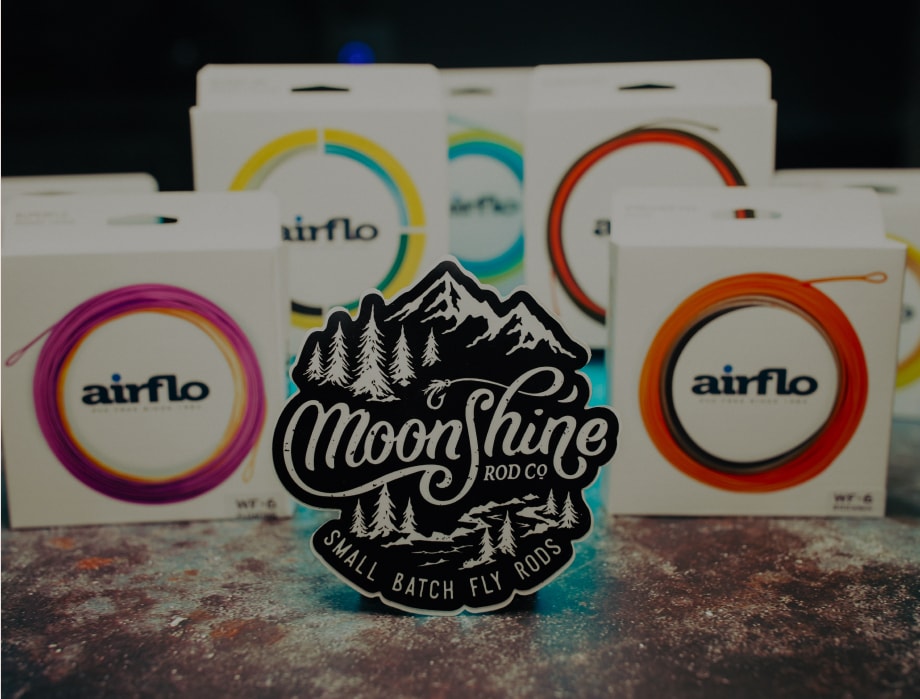
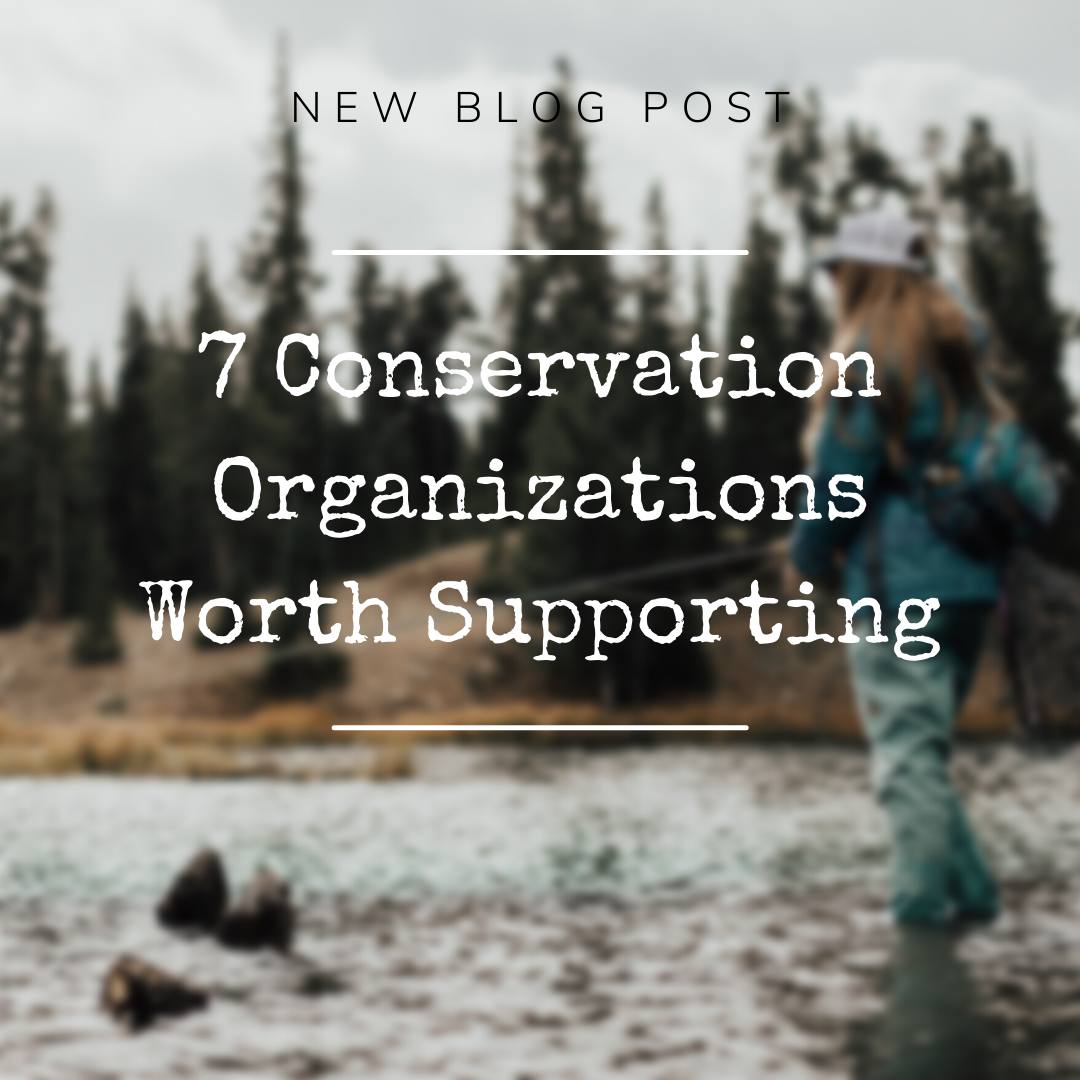
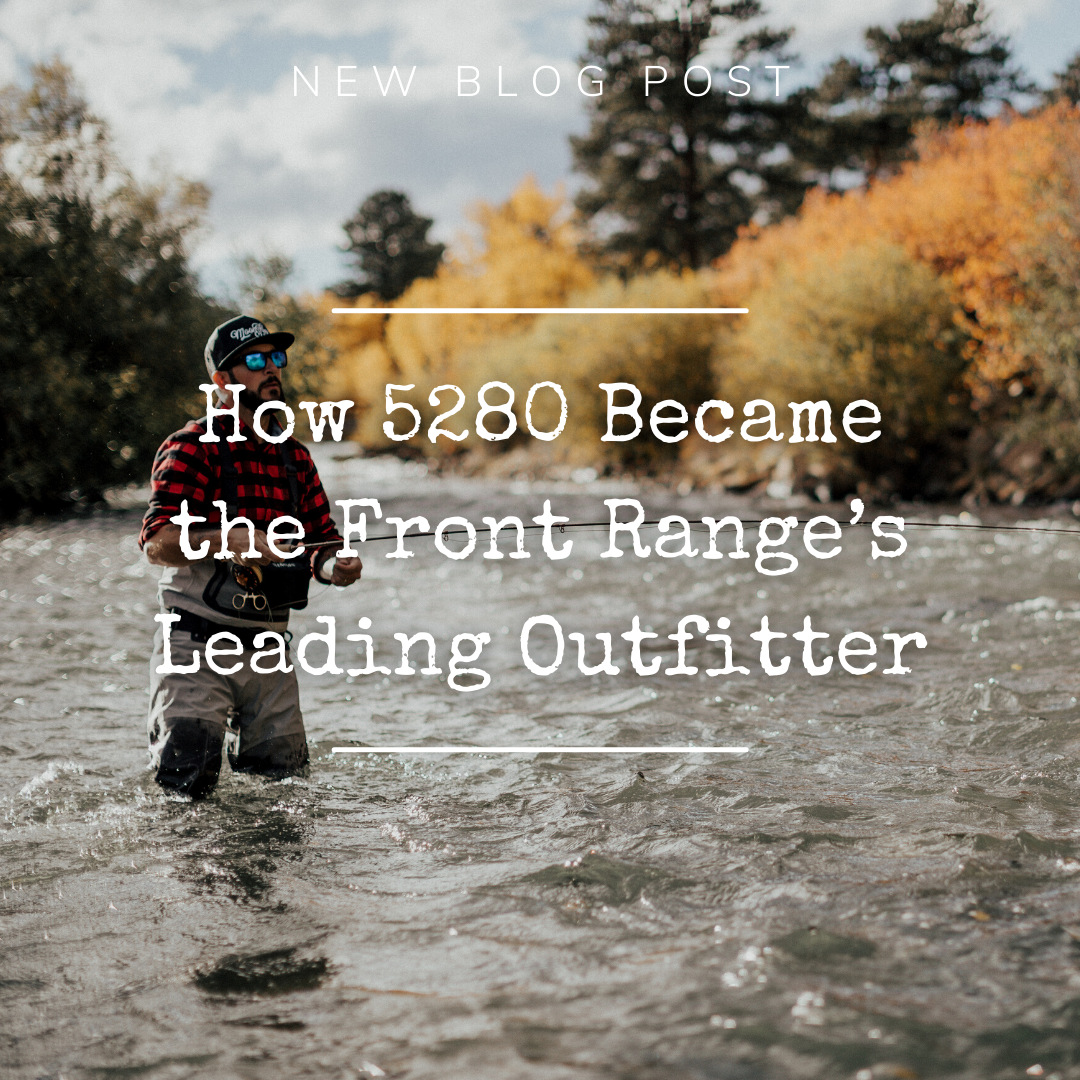
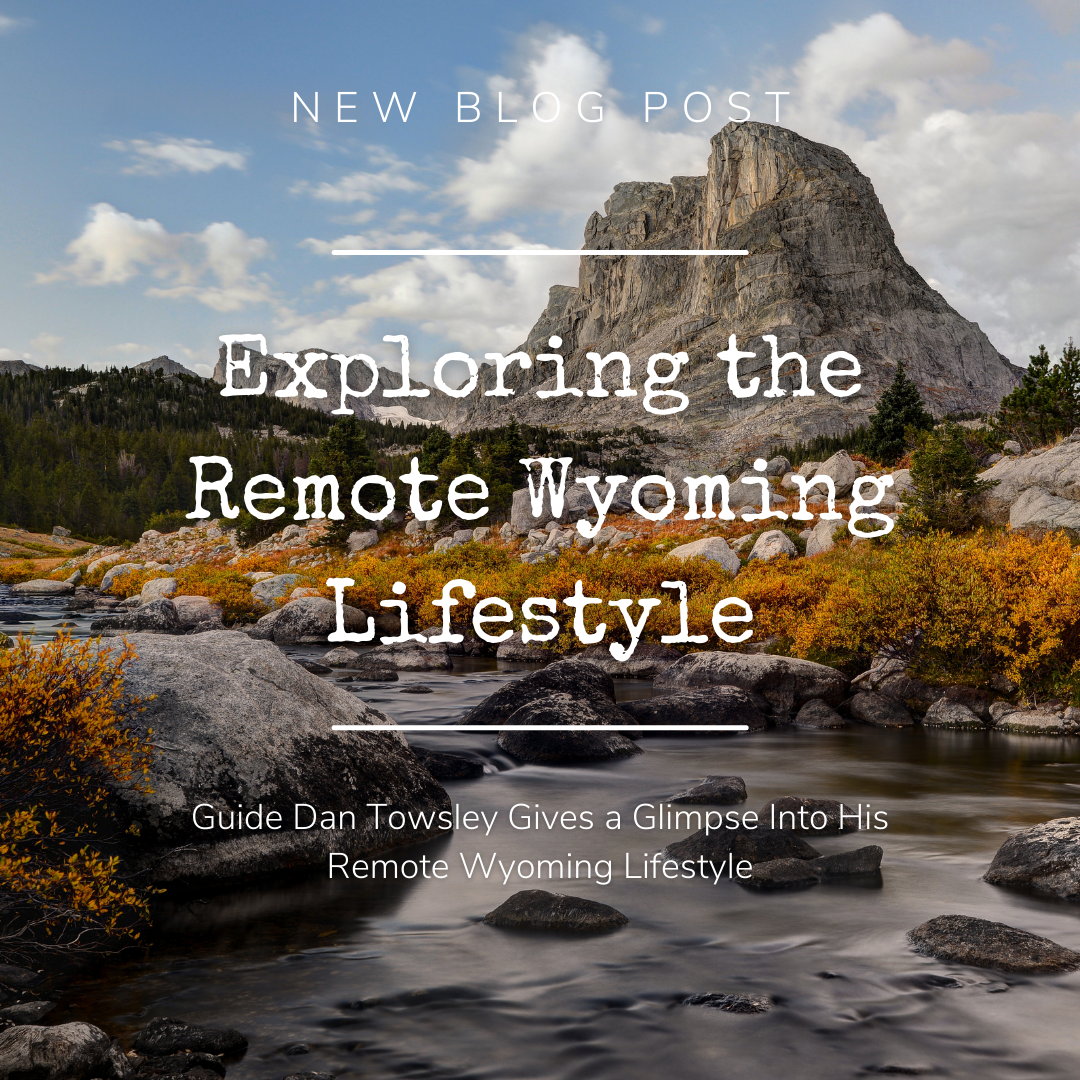
Leave a comment
All comments are moderated before being published.
This site is protected by hCaptcha and the hCaptcha Privacy Policy and Terms of Service apply.